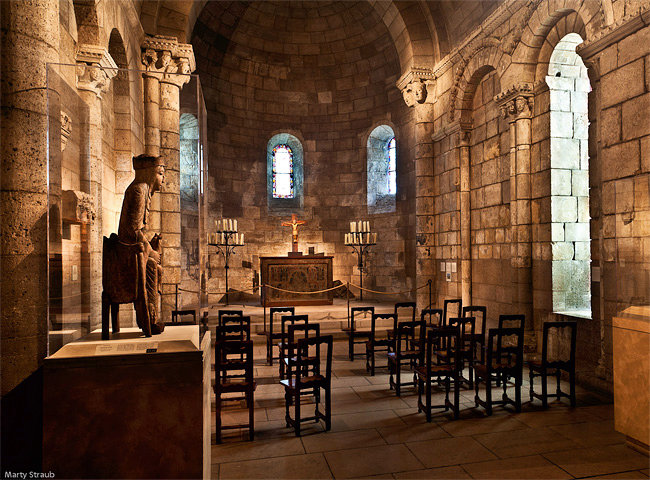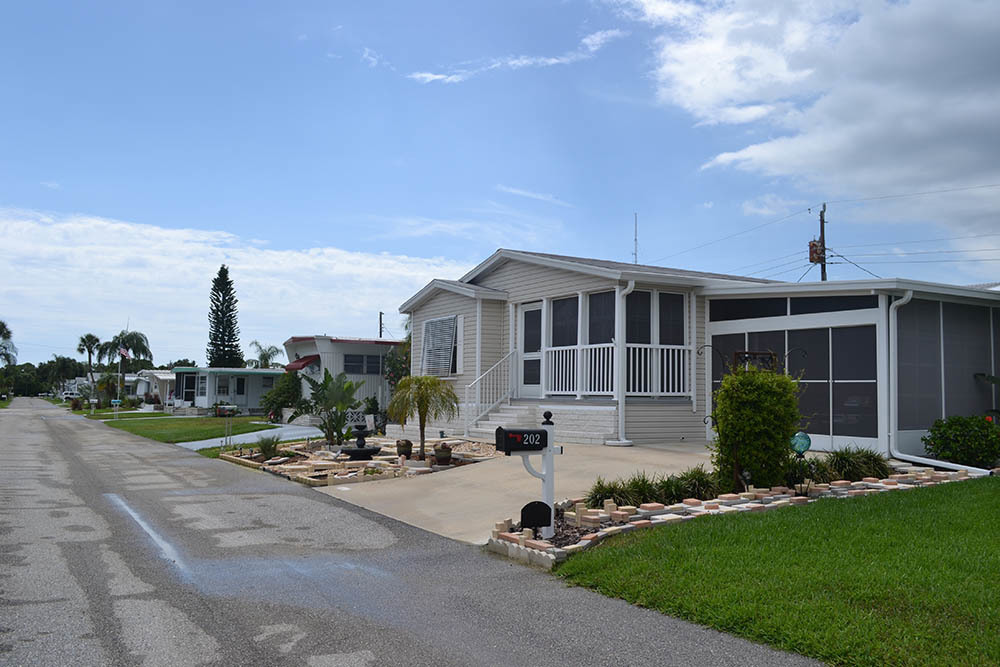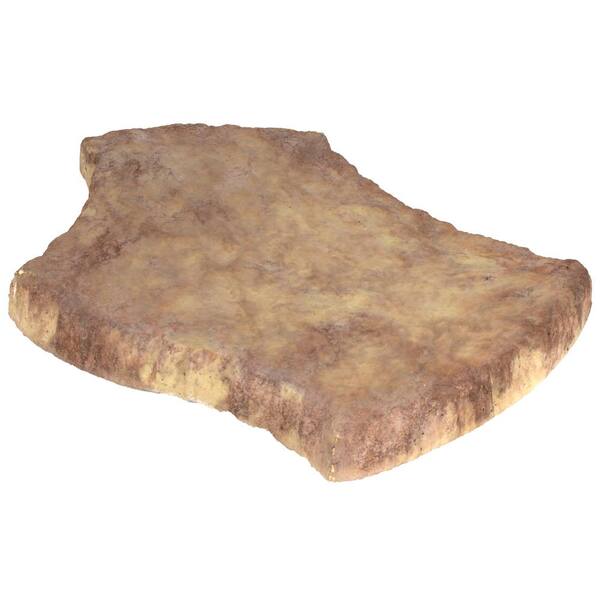Table of Content
In his inaugural address, Grant urged the ratification of the Fifteenth Amendment, while large numbers of African Americans attended his inauguration. He also urged that bonds issued during the Civil War should be paid in gold and called for "proper treatment" of Native Americans and encouraged their "civilization and ultimate citizenship". Grant would later meet with Lincoln and testify at a court of inquiry against Generals Burnside and Ledlie for their incompetence. Rather than fight Lee in a full-frontal attack as he had done at Cold Harbor, Grant continued to force Lee to extend his defenses south and west of Petersburg, better allowing him to capture essential railroad links. Later that year, on September 19, Grant's army defeated Confederates at the Battle of Iuka, then successfully defended Corinth, inflicting heavy casualties.
His responses to malfeasance were mixed, at times appointing cabinet reformers, but also at times defending culprits. In September 1873, Jay Cooke & Company, a New York brokerage house, collapsed after it failed to sell all of the bonds issued by Cooke's Northern Pacific Railway. The collapse rippled through Wall Street, and other banks and brokerages that owned railroad stocks and bonds were also ruined.
Civilian struggles, slavery, and politics
The last to be sold was No. 3, the nearest to Fifth Avenue and Central Park. Grant Home State Historic Site is owned by the state of Illinois and managed by the Illinois Historic Preservation Agency as a historic house museum with rooms furnished to represent a mid-1860s appearance. Information is given about Grant's activities during the Civil War up through his presidency. An adjacent building houses exhibits about Grant and the history of the home.
President Johnson's Reconstruction policy included a speedy return of the former Confederates to Congress, reinstating whites to office in the South, and relegating blacks to second-class citizenship. On November 27, 1865, General Grant left Washington, sent by Johnson on a fact-finding mission to the South, to counter a pending less favorable report by Senator Carl Schurz. Grant recommended continuation of the Freedmen's Bureau, which Johnson opposed, but advised against using black troops, which he believed encouraged an alternative to farm labor. Grant did not believe the people of the South were ready for self-rule, and that both whites and blacks in the South required protection by the federal government. Concerned that the war led to diminished respect for civil authorities, Grant continued using the Army to maintain order. Grant's report on the South, which he later recanted, sympathized with Johnson's conservative Reconstruction policies.
Army
In March 1859, Grant freed William by a manumission deed, potentially worth at least $1,000, when Grant needed the money. Grant moved to St. Louis, taking on a partnership with Julia's cousin Harry Boggs working in the real estate business as a bill collector, again without success and with Julia's prompting ended the partnership. In August, Grant applied for a position as county engineer, believing his education qualified him for the job. The Grant administration was often remembered primarily for a number of scandals, including the Gold Ring and the Whiskey Ring, but modern scholarship has better appreciated Grant's appointed reformers and prosecutions. Grant appointed John Brooks Henderson and David Dyer, who prosecuted the Whiskey Ring; Benjamin Bristow and Edwards Pierrepont, who served as Grant's anti-corruption team; and Zachariah Chandler, who cleaned up corruption in the Interior. Grant's administration prosecuted Mormon polygamists , vice crimes such as pornography, and abortion (1873–1877).

Ward, in collusion with banker James D. Fish and kept secret from bank examiners, retrieved the firm's securities from the company's bank vault. When the trades went bad, multiple loans came due, all backed up by the same collateral. Grant's voyage abroad was funded by a Nevada-based mining company investment he made that earned him $25,000 ($636,172 in 2021 dollars). Preparing for the tour, they arrived in Philadelphia on May 10, 1877, and were honored with celebrations during the week before their departure. During the tour the Grants made stops in Europe, Africa, India, and points in the Middle East and Far East, meeting with notable dignitaries such as Queen Victoria, Pope Leo XIII, Otto von Bismarck, Li Hongzhang, Emperor Meiji and others. After leaving the White House, Grant said he "was never so happy in my life".
Family & Friends View All
His drinking habit, which did not adversely affect his military campaigns, became a central focus of Gilded Age historians. The president was seen poorly for many years, ranked near the bottom among former presidents. It was in Joseph W. Drexel's Adirondack cottage that General Ulysses S. Grant died of throat cancer on July 23, 1885. President Grant arrived at the cottage on June 16, 1885, with a large entourage of family, friends, servants, and physicians in order to complete his memoirs. The final resting place of President Ulysses S. Grant and his wife, Julia, is the largest mausoleum in North America. In spite of Grant's peaceful efforts, over 200 battles were fought with Native Americans during his presidency.

Guests to the cottage may visit the spacious porch, tour the cottage's four rooms, and view floral arrangements that remain from Grant's August 4th funeral. The memorial to two-term president and defender of the nation is a great place to learn a little bit more about the history of America. To restore his family's income and reputation, Grant wrote several articles on his Civil War campaigns for The Century Magazine at $500 (equivalent to $15,000 in 2021) each. The articles were well received by critics, and the editor, Robert Underwood Johnson, suggested that Grant write a book of memoirs, as Sherman and others had done. The 1879 date was more distant than Grant had hoped, but the knowledge that paper money would soon be worth its face value in gold drove them towards parity before the bill took effect. The country was still not on the gold standard, with silver coins remaining lawful currency.
Presidents—Past, Present, Future—Seem to Love New York
Discouraged, Grant considered resigning but Sherman convinced him to stay. Lincoln dismissed Grant's critics, saying "I can't spare this man; he fights." Ultimately, Grant's costly victory at Shiloh ended any chance for the Confederates to prevail in the Mississippi valley or regain its strategic advantage in the West. The Liberal Republicans and Democrats united behind Grant's opponent in the presidential election of 1872, but Grant was handily reelected. Grant's Native American policy was to assimilate Indians into White culture; the Great Sioux War was fought during his term.
Philadelphia businessman Adolph E. Borie was appointed Secretary of Navy, but found the job stressful and resigned. Grant then appointed New Jersey's attorney general, George M. Robeson, Secretary of Navy. Former Ohio Governor Jacob D. Cox , former Maryland Senator John Creswell (Postmaster-General), and Ebenezer Rockwood Hoar rounded out the cabinet. Rather than retreat, Grant flanked Lee's army to the southeast and attempted to wedge his forces between Lee and Richmond at Spotsylvania Court House. Lee's army got to Spotsylvania first and a costly battle ensued, lasting thirteen days, with heavy casualties. On May 12, Grant attempted to break through Lee's Muleshoe salient guarded by Confederate artillery, resulting in one of the bloodiest assaults of the Civil War, known as the Bloody Angle.
On July 25, 1866, Congress promoted Grant to the newly created rank of General of the Army of the United States. The unprecedented number of casualties was shocking by all accounts and heightened anti-war sentiment in the North. The Overland Campaign was a series of brutal battles fought in Virginia for seven weeks during May and June 1864.
The easy-to-use Empire Pass card is $80- and your key to all-season enjoyment with unlimited day-use entry at most facilities operated by State Parks and the State Dept. of Environmental Conservation including forests, beaches, trails and more. There is also a short path to the Eastern Outlook, which commands a spectacular view of the Hudson Valley, from the Adirondacks in the north, the Green Mountains of Vermont to the east, and the Catskills to the south. Grant Cottage State Historic site was established in 1957 and is owned by the State of New York.
The Southern Democrats, wanting to protect American rice and sugar producers, tried to squash a bill to implement the Hawaiian treaty. The Democrats, in opposition, because the treaty was believed to be an island annexation attempt, referred to the Hawaiians as an "inferior" non-white race. In 1875, Grant proposed a constitutional amendment that limited religious indoctrination in public schools.























